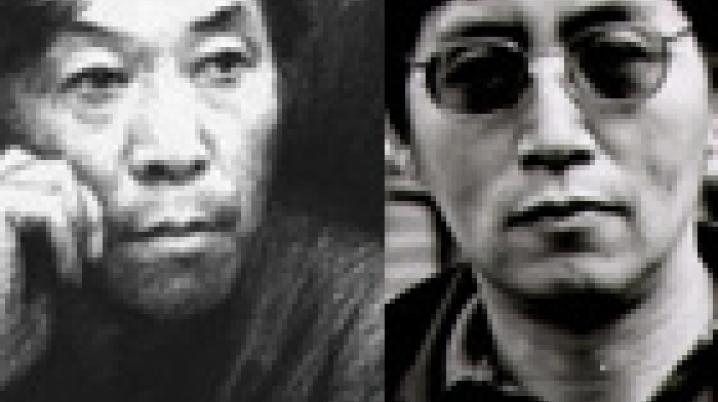
The Poetics of Exile: the Cases of Shang Qin and Bei Dao
The Poetics of Exile: the Cases of Shang Qin and Bei Dao
IIAS Lunch Lecture by Dr Nikky Lin
18 January, 12:30-14:00hrs
The return of modernism in the post-1949 era was one of the most prominent literary phenomena in both Taiwan and Mainland China: in Taiwan, this re-emergence began in the mid-1950s when the government’s interference in art and culture was at its peak; in China, it happened in the late 1970s, shortly after the Cultural Revolution had ended. The rise of modernism in the post-1949 era on both sides signaled not only a break from the political-literary orthodoxy of the day, but was also indicative of a new pursuit of what poetry should be. However, rather than emerging from a highly developed industrial society as it had in the West, the return of modernism in Taiwan and China had a strong connection with the post-1949 socio-political environment, in which sensitive poets experienced the alienation and absurdity of existence that Western modernist artists had expressed in their works. The feelings of “confinement” and “exile” are two of the most significant themes in Taiwanese and Chinese modernist poetry.
In her presentation, Dr Niki Lin will argue how modernism motivated Taiwanese and Chinese poets to broaden poetry’s aesthetic dimension and delve into alienation of the individual, as well as conflicts between the individual and society, and will compare the two sides’ unique experiences in regard to this transformative time. By focusing on two modernist poets who both experienced physical exile - one Taiwanese and one Chinese, Shang Qin and Bei Dao, respectively - Dr Lin will examine how the descriptions of “confinement” and “exile” are not only a reflection of their own personal experiences caused by particular historical circumstances, but also serve as pathways to explore the universal state of human existence, wherein lies the poets’ challenge to what poetry should be.
Please register at a.e.l.van.der.horst@iias.nl

